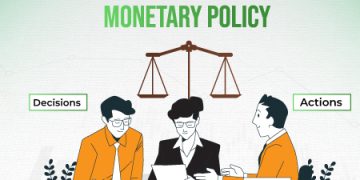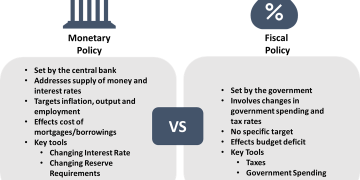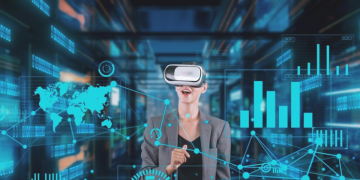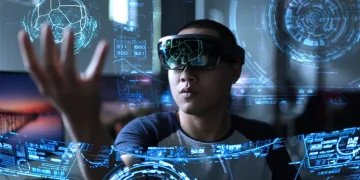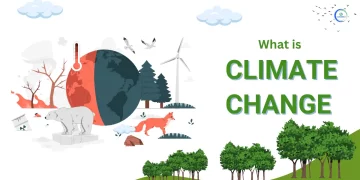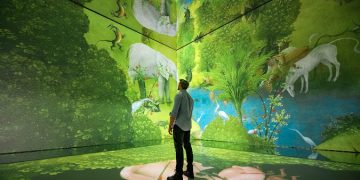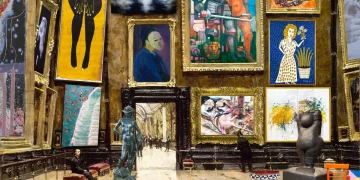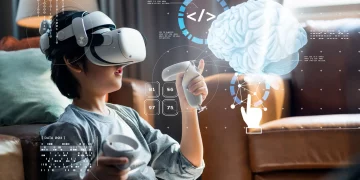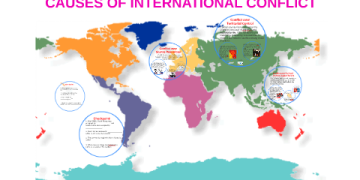Introduction: The End of Work as We Know It
Throughout history, work has shaped human identity. Hunting, farming, craftsmanship, and industrial labor not only provided livelihoods but also organized societies and gave individuals a sense of purpose. In the 21st century, however, automation, artificial intelligence (AI), and robotics are rapidly transforming the very foundation of work. Tasks once thought to be exclusively human—such as driving, diagnosing diseases, even composing music—are increasingly done by machines.
As traditional jobs disappear or evolve, humanity faces a profound question: if work no longer defines our place in society, what will? This article explores the future of purpose in a post-work era, re-examining our relationships to productivity, creativity, community, and well-being.
I. Historical Context: Work as the Core of Human Life
1. Agricultural Civilizations
Agriculture turned humans into sedentary communities and established fixed roles: farmers, herders, artisans. Labor defined survival and cultural identity.
2. Industrial Revolution
Mechanization in the 18th–19th centuries shifted people from farms to factories, created new class structures, and tied personal worth to wages and productivity.
3. Knowledge Economy
The late 20th century saw a move to service and information work, elevating skills like critical thinking and problem-solving over manual labor.
4. The Rise of Automation
Today’s AI-driven economy threatens even knowledge-based roles. This transition is faster and deeper than any previous industrial shift.
II. The Technology Transforming Work
- Artificial Intelligence: From chatbots and autonomous vehicles to advanced medical diagnostics.
- Robotics and Cobots: Machines that cooperate with or replace human workers in manufacturing, logistics, and agriculture.
- Algorithmic Management: AI tools allocating shifts, monitoring performance, sometimes determining promotions or layoffs.
- Generative Systems: Capable of producing text, images, code, designs—tasks once reserved for artists and knowledge professionals.
- Universal Connectivity and Cloud Infrastructure: Enabling global collaboration, remote work, and decentralized digital economies.
III. The Disruption of Traditional Employment
The rapid deployment of automation is already affecting economies worldwide:
- Job Polarization: Routine middle-skill jobs are declining while both low-skill service roles and high-skill creative/technical positions grow.
- Wage Inequality: Wealth increasingly concentrates in those who own the technologies, widening social divides.
- Gig and Platform Economies: Work becomes fragmented, flexible, but often insecure.
- The Question of Work’s Future Role: Will we see mass unemployment, or simply a transformation into new forms of human activity?
IV. Social and Psychological Challenges
1. Loss of Identity and Purpose
For centuries, self-worth has been linked to occupational achievement. Losing this anchor can lead to alienation.
2. Mental Health Risks
Without meaningful engagement, individuals may experience anxiety, depression, or social withdrawal.
3. Inequality and Social Cohesion
Automation benefits capital owners disproportionately, potentially destabilizing communities if wealth redistribution is insufficient.
4. Education and Skills Gap
The pace of technological change often outstrips educational reform, leaving many unprepared for new roles.
V. Paths to a Post-Work Society
1. Redefining Productivity
Productivity may shift from producing goods to enhancing human well-being, environmental restoration, and knowledge creation.
2. Universal Basic Income (UBI) and Social Safety Nets
Providing a guaranteed income could decouple survival from employment, allowing people to pursue education, caregiving, and creative endeavors.
3. Lifelong Learning and Skills Evolution
Education systems will need to focus on adaptability, critical thinking, and collaboration alongside technical skills.
4. Human-Centered Roles
Even in a highly automated world, humans excel at empathy, ethics, and holistic problem-solving—roles in caregiving, counseling, and cross-cultural mediation may expand.

VI. The Future of Leisure
The line between work and leisure is blurring. Future leisure will be more participatory, immersive, and meaningful.
- Creative Pursuits: Art, music, storytelling, open-source innovation.
- Digital and Immersive Worlds: Virtual reality (VR) and mixed reality spaces where people can collaborate, learn, or compete.
- Community Engagement: Local volunteering, cultural preservation, civic participation.
- Wellness and Exploration: Greater time for physical and mental health, outdoor activities, and even space travel as tourism.
VII. Philosophical and Ethical Reflections
1. The Purpose of Life Beyond Labor
Humans may rediscover ancient philosophical traditions—Stoicism, Confucianism, Buddhism—emphasizing inner virtue and relationships rather than material output.
2. The Meaning of Contribution
Future societies might value contributions to social harmony, ecological sustainability, and intergenerational knowledge rather than just economic productivity.
3. Ethical Governance of AI
Transparent, accountable systems must ensure that machines augment rather than exploit humanity.
VIII. Case Studies: Experiments in the Post-Work Transition
- Finland’s UBI Pilot: Early evidence suggests improved well-being, even without large gains in employment.
- Japanese Robotics in Elder Care: Robots supplement human caregivers but highlight the irreplaceable role of empathy.
- Remote Work Cultures in Estonia and Iceland: Showcase how flexible arrangements can enhance quality of life.
- Open-Source and Commons-Based Projects: Wikipedia, Linux, and community science initiatives illustrate non-monetary forms of collective value creation.
IX. Policy Recommendations for a Humane Future
- Invest in inclusive education and digital literacy.
- Develop fair taxation of AI and automation profits to fund public goods.
- Promote ethical tech development that respects human dignity and privacy.
- Encourage participatory governance models to give citizens a voice in shaping the future economy.
- Strengthen mental health and community-building initiatives to counter isolation.
X. Cultural Narratives for a Post-Work Era
Popular culture—from science fiction to social media—plays a critical role in shaping expectations about automation. Utopian visions inspire innovation and adaptability; dystopian fears can mobilize resistance and guide ethical caution. Societies must consciously cultivate narratives that encourage resilience, empathy, and a focus on shared flourishing.
Conclusion: Reclaiming Purpose in a Transformed World
The age of automation does not signal the end of purpose but an opportunity to redefine it. Freed from repetitive toil, humanity can focus on what truly matters: curiosity, creativity, relationships, and the stewardship of our planet. The challenge is to build social systems that ensure everyone has the resources, education, and freedom to pursue these goals.
Our collective future will be judged not by how many hours we work but by how well we use the gift of time that technology returns to us.




